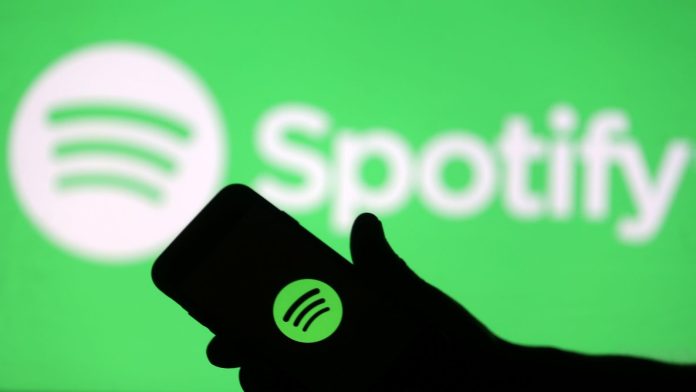
In a groundbreaking move that’s sending waves through the music industry, Spotify has officially pulled the plug on monetization for tracks garnering fewer than 1,000 streams. As of April 1, 2024, the streaming giant’s new policy dictates that only tracks surpassing this threshold within the past 12 months will be eligible for royalty consideration. This adjustment, Spotify claims, will enrich the earnings of tracks that do meet the criteria, considering that a whopping 99.5% of streams are of tracks above this benchmark. But is this a fair play, or does it sideline emerging artists struggling for exposure?
A Double-Edged Sword for Creators
The rationale behind Spotify’s policy revamp is multifaceted. On one hand, it aims to curb the manipulation of streaming numbers through artificial plays—a move that’s seen targeting genres prone to such exploitation, like white noise, by raising the playtime requirement from 30 seconds to two minutes. On the other, it raises concerns among the music community about accessibility to fair royalties, particularly for lesser-known artists. United Musicians and Allied Workers have voiced significant apprehension, suggesting an overwhelming 86% of Spotify’s content could fall short of the new royalty mark. This discord underscores a growing movement for equitable streaming revenue distribution, championed by initiatives like Make Streaming Pay.
Financial Repercussions and the Future of Spotify
In tandem with these controversial policy changes, Spotify is navigating financial turbulence, reporting consistent losses since its 2018 stock market debut. In an effort to counteract these deficits, the company is not only tweaking its royalty scheme but also revising customer pricing. Reports by Bloomburg indicate planned increases in subscription fees across various regions, ostensibly to accommodate the costs of expanding content offerings, including audiobooks and educational videos. With these adjustments poised to impact Spotify’s financial landscape and its standing with artists and listeners alike, the coming months will be critical in shaping the future of music streaming.
In essence, Spotify’s latest policy and pricing updates signify a pivotal moment for the music streaming industry. As the company seeks a sustainable path forward amid financial challenges, the repercussions for artists, especially those in the nascent stages of their careers, could be profound. With the debate over fair compensation for musicians intensifying, Spotify’s move could either mark a step toward a more viable model for all stakeholders or deepen the rift between streaming platforms and the creative community they depend on. For more information on Spotify’s demonization campaign, here.
[H/T] – DJMag



